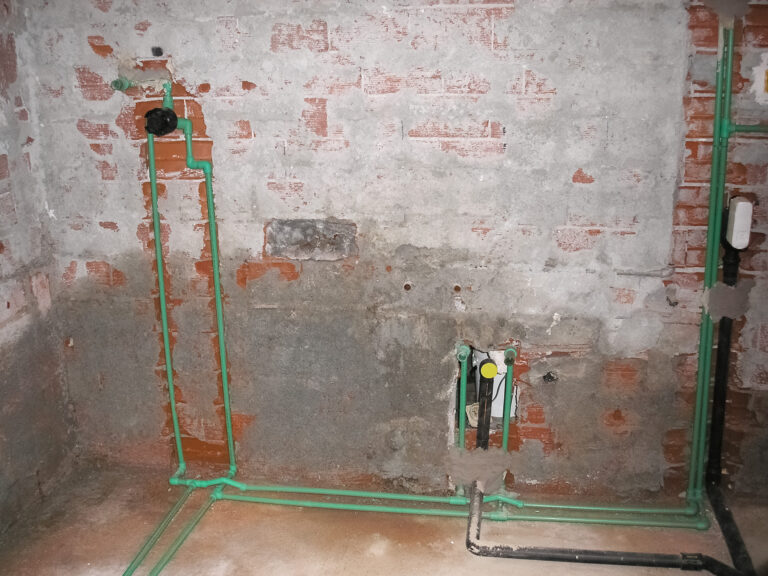Starting a major home renovation project is a fun and exciting journey with lots of potential to transform your living space into a functional and aesthetically pleasing area. However, along with this comes the risk of a chain of unexpected problems that can sabotage even the best-laid plans. Here are some common mistakes to try and avoid in order to renovate with confidence and ensure a better and more successful outcome.
Overlooking the Permit Process
Perhaps the most crucial, yet most overlooked, aspect of home remodeling is familiarity and adherence to local permit laws. The permit process exists to safeguard residents and communities by making sure that such remodeling falls within safety standards as well as zoning codes. Not staying within these guidelines could lead to enormous fines, delayed projects, or even mandatory demolitions of illegal work.
Permits are usually required for kitchen remodels involving electrical, plumbing, or structural construction in most jurisdictions. This ranges from routine operations like adding new lighting and moving sinks, to knocking down walls to create an open-concept layout. Even relatively minor improvements, like window opening enlargements, may require permits in some cases.
Considering the complexities, and using licensed professionals such as engineers, architects, or contractors who know local codes is of utmost importance. They assist in preparing compliant designs, minimizing the chances of having the applications rejected for incomplete plans, or code non-compliance.
Understanding the Complexity of Renovations

Most homeowners rush into starting a project with a direct focus on aesthetics, completely forgetting about the complex systems behind the walls and floors. For instance, a kitchen renovation involves planning electrical wiring, plumbing, and load-bearing structures. Not planning for these tasks can lead to cascading problems, like circuit overload or water damage from improperly routed pipes.
In older properties where the infrastructure isn’t necessarily compatible with updated improvements, things can go wrong in no time. For instance, the homeowner might want to install an upscale gas range only to find out that the gas pipes are inadequate or the electrical panel isn’t strong enough for the extra appliances.
Industry experts suggest proper inspection of the home’s condition before settling on the design. This involves evaluating the efficiency of electrical systems, detecting leaks in the plumbing system, and ensuring functional integrity. Structural engineers and electricians can also help identify whether there is a problem along the way that will lead to extra costs and an extension of completion dates.
Compromising on Professional Expertise

As a cost-saving measure, homeowners sometimes use less experienced contractors or do it themselves. Although this may sound like a cheaper option at first, it eventually leads to poor quality work, injuries, and even costly repairs down the road. For instance, poor wiring by an unlicensed individual can lead to fire risks, while faulty plumbing can lead to water damage that ruins floors and cabinetry.
Not only do professional contractors possess technical expertise, they also have practical experience with local building codes, vendor contacts, and project organization. A reputable contractor also serves as a liaison with city inspectors in order to verify that every phase of the project is in compliance. Professionals are also able to anticipate potential problems, such as delays due to material availability, and rework timetables accordingly.
Endnote
A successful home renovation relies on careful planning, adherence to regulatory requirements, and coordination with experienced professionals. Whether you’re remodeling a kitchen or restoring a hundred-year-old property, these principles hold true everywhere. By avoiding common pitfalls, you can turn your renovation process from a nightmare into a fulfilling experience that adds value and functionality to your home.
0
Related
Read the full article here


